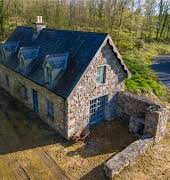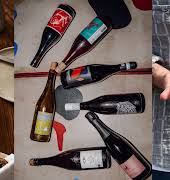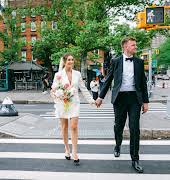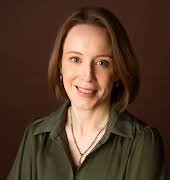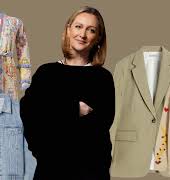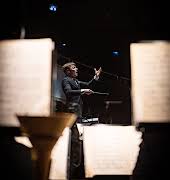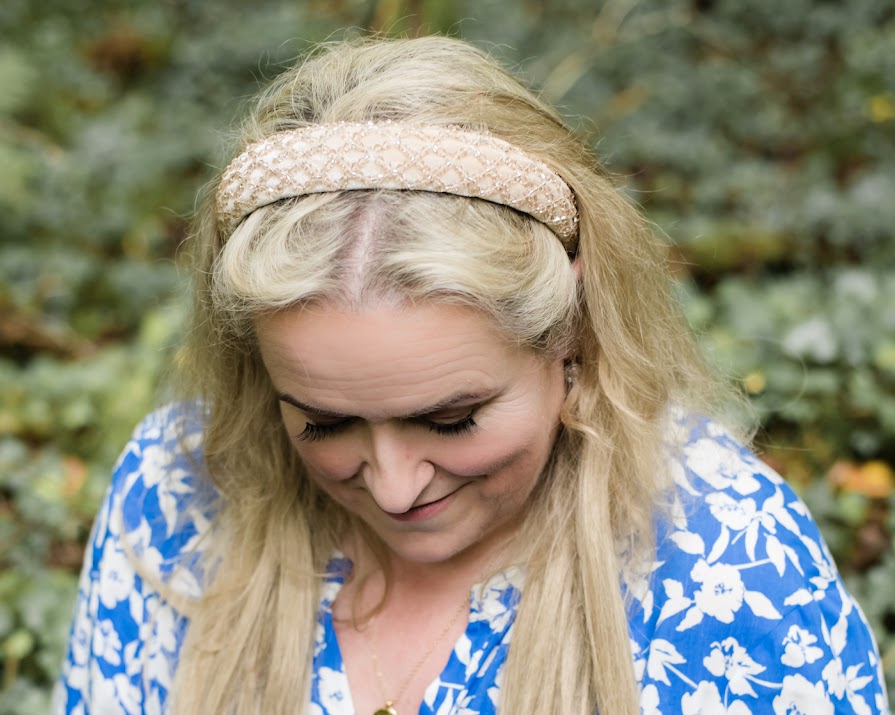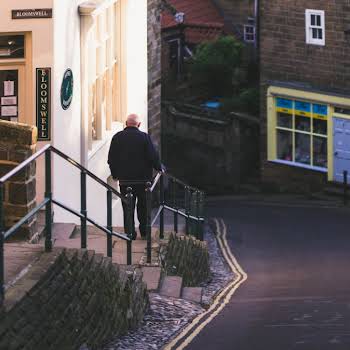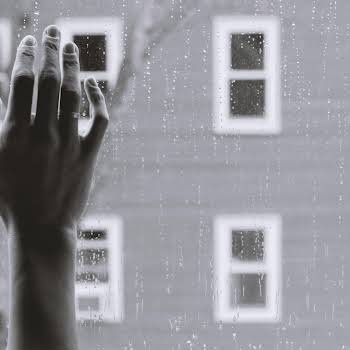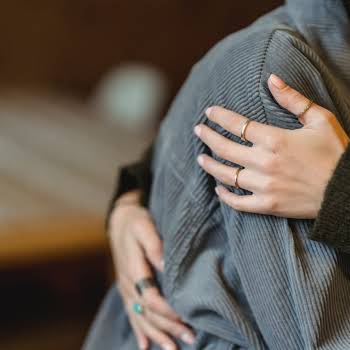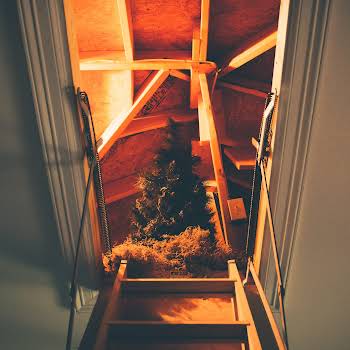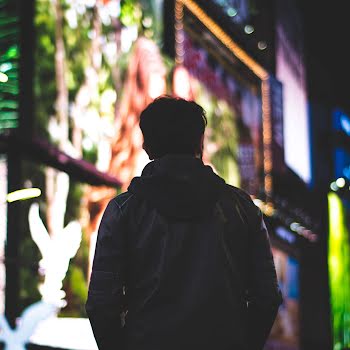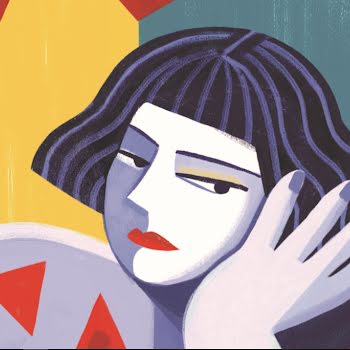
By Niamh Ennis
09th Oct 2020
09th Oct 2020
Niamh Ennis is a change and transformation specialist, here she writes about coming to terms with grief
Avid readers will know that I write about loss and grief a lot. Not because I like to dwell on it, or not because I haven’t yet started to heal, but because when I do, I know that even if the message of hope lands with just one person, it will have been worth it.
I struggled with writing about my own personal experiences of loss for quite a while. I convinced myself that it might appear like I was ‘milking it’ but I had to acknowledge that each time I shared an aspect of my story, I would receive communication from someone telling me that my words resonated with them, or helped them in some way, and that helped remove the fear or doubt in my mind. For those of you not familiar with my story, the brief version is this: my fiancé, my Dad and my Mum all died separately, suddenly and all quite close together.
Now I like to be clear about this next bit.
What happened to me was not unusual. Death visits all of us. Losing our parents is a natural part of life although this fact doesn’t make it easier in shape or form. What was unusual about my personal experience was the proximity and suddenness of it all. I was new to grief and I had a real baptism of fire.
Like all good, strong women I fought on. When my fiancé died and my Dad got sick shortly after I turned my attention to looking after him. I put my own grief on hold and went full kilter into being there for Dad. When Dad died just weeks later, I redirected my focus to being there for my Mum and continued the cycle of care from that stage onwards.
A lot of guilt kicked in during this time as I often struggled to know just who I was grieving over. That was so tricky. One loss merged into the other and the weight of the grief I was carrying became too much, even for me.
But over a decade on, I know I’m healing and I also understand that it was the timing that was unusual and not the losses themselves. I feel I need to keep saying that as I strongly believe that we are in danger, in today’s world, of entering into a competition of ‘my grief is bigger than yours’.
All the same
Now I know this next bit might be controversial but bear with me.
When I was in the darkest hour of my grief, I was screaming out for people I could talk to, listen to or just hear talking about their grief in a way that I could relate to. The resources available were non-existent. Nobody I knew in my social group had lost a partner, and few had lost parents, so for the most part I was coping on my own. Irish people, while great with wakes and funerals, are awful when it comes to talking about death.
I say this to qualify that I believe any advancements when it comes to having more open discussions on grief can only be a positive thing. Being able to hear or read other people share their personal experiences of loss is a hugely significant move forwards.
However, I’ve seen some trends that are also causing me to worry which is why I’m just going to stick my neck out there and say this:
- No one person’s grief is greater than anybody else’s.
- A celebrity experiencing grief makes their loss no different than yours or mine.
- Someone who has written a book about grief does not know grief better than you or me.
- The grief of an ‘influencer’ who has built a substantial following by sharing her story on social media does not mean that their grief is more important than yours or mine.
These people are fortunate to have a platform as well as the skills to communicate their message. Their profile and following ensure that more people are likely to stop and listen to their story than they might to yours or mine. All of this helps more people to understand the pain of grief and I am absolutely certain that this is going a long way to removing the taboo that exists around death and bereavement.
Ordinary stories
So what exactly is my issue then?
Well, grief is complicated. One hugely important part of the healing process is finding and creating the space to talk about the person you have lost.
- You are desperate to know that they aren’t being forgotten.
- You need to feel free to speak about them openly.
- You also want to share stories and hear other people talking about them.
- You don’t want to feel uncomfortable bringing them into conversation.
- You want the memories of them to live on in other people’s hearts.
When you don’t have that space that’s when you start to feel angry and resentful. When you feel your loved one has been forgotten you start to feel more alone. When you feel uncomfortable bringing their name into conversations you start to feel a little more isolated.
It is in the ordinary stories that some valuable learning can be shared. I worry that by focusing so much attention on the grief of only high profile people we are invalidating the loss felt by ordinary people who equally have experienced extraordinary grief.
I come from a background of communications, so I understand how this works and what is of interest to the media to attract viewers, readers and listeners. I get that it may be a little ambitious to look for a greater level playing field, but is it really too much to ask for the space, just for more ordinary people, with ordinary every day stories of grief to also share their everyday story of loss in a way that we can all relate to?
If we can relate more to it we will definitely feel less alone and surely that’s what we want that for everyone experiencing grief and loss.
I know I certainly do!
Niamh Ennis is Ireland’s leading Change & Transformation Specialist. If you feel stuck and looking to make changes, but just don’t know where to start, then her FREE 3 Day Change Made Easy Challenge is just for you. Visit niamhennis.com



